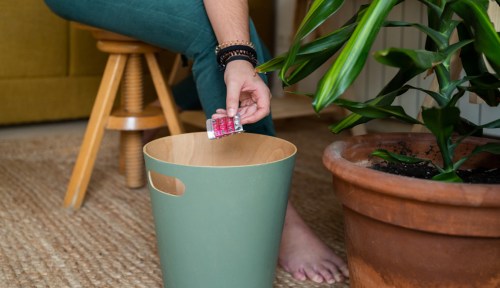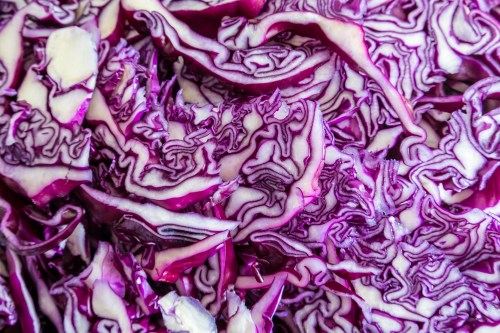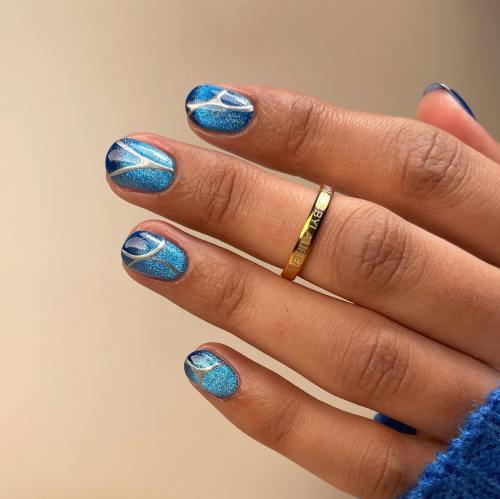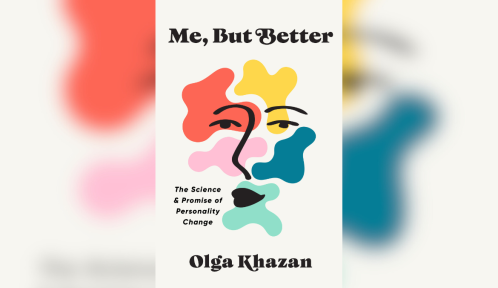Unless you’re diligent about cleaning out your medicine cabinet, you probably have some old or expired prescription medication hanging around your place. Maybe your doctor gave you a little more than you needed “just in case” or you simply stopped taking it—and then forgot about it entirely. Either way, those leftover medications need to go somewhere—and you may not know how to dispose of your medication properly.
Experts in This Article
While it’s tempting to just toss the bottle in the trash, experts say that’s a really bad idea. “You never want these to get into the wrong hands,” says Jamie Alan, PhD, PharmD, associate professor of pharmacology and toxicology at Michigan State University. “So many overdoses occur because people will take the wrong medication on accident or children will get into these medications. Disposing of them properly will help decrease the overall risk of accidental ingestion or overdose.”
There’s also the risk that someone will misuse the medication, says Bruce Ruck, PharmD, managing director of the NJ Poison Control Center at Rutgers New Jersey Medical School. “People could take them inappropriately,” he says. Every year, two million people are hospitalized due to drug-related injuries, which include medication errors and overdoses, according to the Centers for Disease Control and Prevention (CDC), so there is a legitimate risk here.
What now? Here’s how to get rid of leftover or prescription medication the right way.
So, what is the best way to dispose of old and expired prescription medication?
The CDC offers up pretty detailed information on how to get rid of these medications. Here are your options:
- Use a drug take-back program. The CDC says this is the best way to go, if possible. It involves visiting a drug disposal site in your community, which can often be found at select pharmacies and hospitals. You can find a program in your area through the Drug Enforcement Administration’s collection site locator.
- Read the label. If you can’t visit a drug take-back site, read the label on your medication. It may have special disposal instructions.
- Mix your medicine with inedible ingredients. The CDC specifically mentions dirt, cat litter, or used coffee grinds. “Grind the medication up and mix it with these ingredients to prevent a child or adult from getting into it,” Dr. Ruck says. Then, put the mixture in a container like a sealed plastic bag, and throw it in your trash.
- Scratch out personal information on your prescription bottle. The goal is to make it unreadable to protect your privacy and so that someone couldn’t try to get a refill using your information, Dr. Alan says. Then, dispose of or recycle the bottle.
“Most of these medications getting into the water supply comes from what we secrete from our body.”—Bruce Ruck, PharmD, managing director of the NJ Poison Control Center
What should you avoid doing when it comes to getting rid of medication?
In general, you don’t want to flush prescription medication down the toilet, but Dr. Alan says it “depends on the drug.” There are, in fact, some drugs you can flush, according to the Food and Drug Administration (FDA). Those include things like oxycodone and fentanyl (check out the full list to see if your medication is on it).
Why is it okay to flush these potent drugs? The FDA says that medications on this list are often targeted for misuse and points out that people can die from just one inappropriate dose. So, it’s better to just flush them, rather than risk someone finding them in your trash.
Still, “we try not to flush medication or pour it down the drain whenever possible because of environmental concerns,” Dr. Ruck says. But, he adds, “we have to weigh the risk of that vs. the risk of a child or somebody else getting into these medications.”
Worth noting: flushing won’t contaminate the water supply since “most of these medications getting into the water supply comes from what we secrete from our body,” says Dr. Ruck.
If your medication isn’t on the flush list, you’ll want to refer to the advice above for getting rid of it. And, of course, you don’t want to just toss your old medication in the trash for the reasons we listed above.
How to properly dispose of OTC medication
If you have expired acetaminophen, ibuprofen, or similar over-the-counter medications at home, Dr. Alan recommends that you follow the same rules for disposing of them. “It’s very hard to identify pills by just looking at them, and some look like candy,” she says. Given that “all medications have side effects,” especially if they’re taken at doses higher than prescribed, “the best thing to do is to safely dispose of any and all medications.”
Sign Up for Our Daily Newsletter
Get all the latest in wellness, trends, food, fitness, beauty, and more delivered right to your inbox.
Got it, you've been added to our email list.











